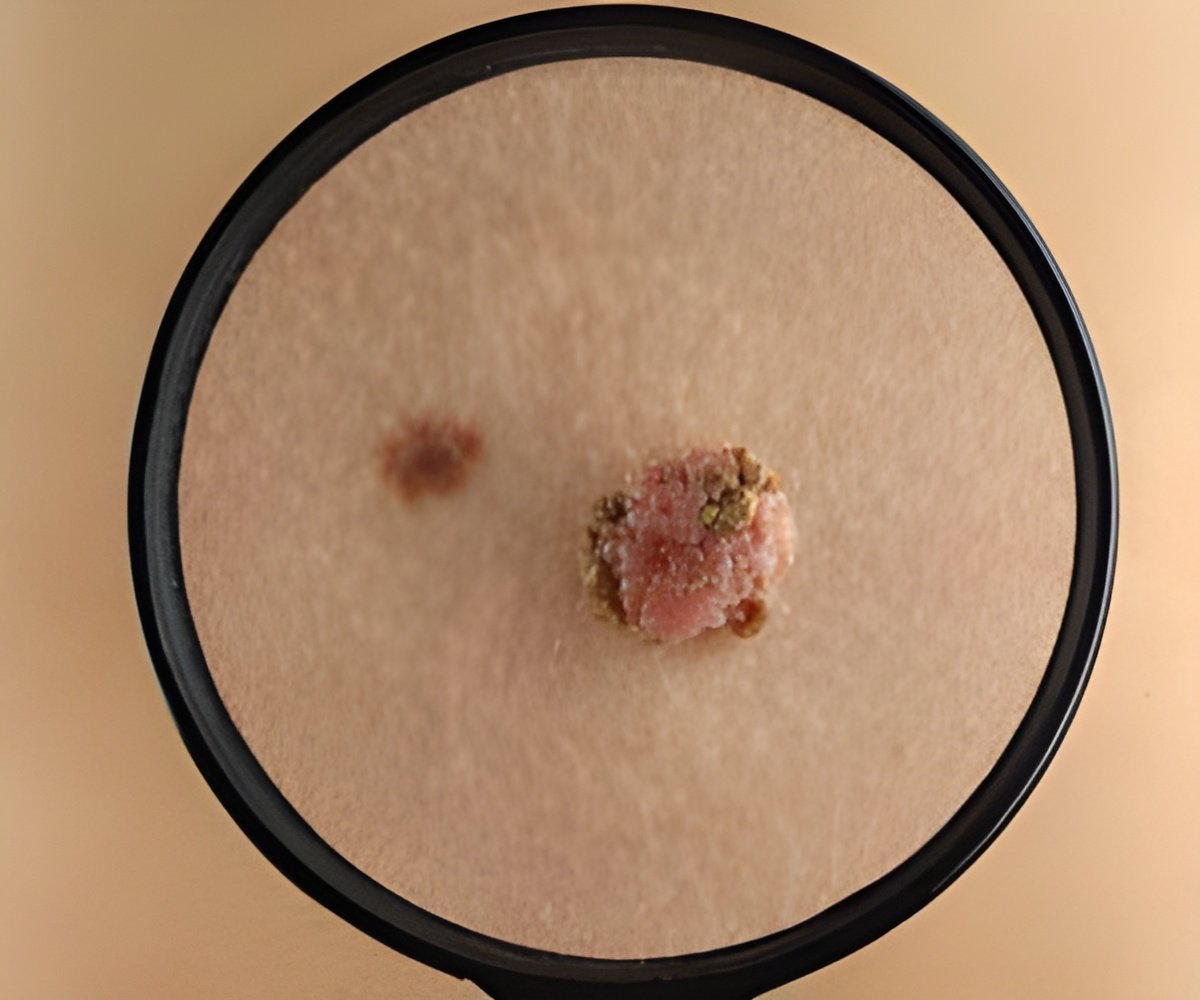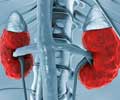Poor kidney function has been linked to a higher risk of skin and urogenital cancer. In the study, this link is not very well established, but it could be used to encourage more healthy behavior if other cancer risk factors or family history are present

‘From a public health point of view, these results may help health care policy makers to develop appropriate strategies for cancer screening and monitoring in the context of chronic kidney disease.’





A new study has uncovered a modestly higher cancer risk in individuals with mild to severe chronic kidney disease, driven primarily by skin (non-melanoma) and urogenital cancers. The findings do not prove a causal link between kidney dysfunction and cancer but might be used to increase awareness among healthcare professionals and patients, motivate lifestyle modifications if other cancer risk factors or family history are present, and justify more vigilant monitoring.
Kidney dysfunction leads to retention of metabolic waste products, which can have varying effects on diverse processes in the body. Some studies have indicated that kidney dysfunction may affect an individual's risk of developing heart disease, anemia, bone fractures, and possibly cancer.
To look for a potential link between kidney dysfunction and cancer, Hong Xu, MD, PhD (Karolinska Institutet, in Sweden) and her colleagues conducted a comprehensive analysis of the risk of cancer across the full spectrum of kidney function in a large representative population of Swedes aged 40 years and older with no prior history of cancer.
In the analysis of 719,033 adults who were followed for a median of 5 years, 64,319 cases of cancer (affecting 9% of participants) were detected throughout 3,338,226 person-years. (A person-year is the number of years of follow-up multiplied by the number of people in the analysis.)
Advertisement
"Establishing these associations do not prove causation, but evoke awareness and stimulate thinking on mechanisms, prevention, and screening opportunities," said Dr. Xu. "From a public health point of view, these results may help health care policy makers to develop appropriate strategies for cancer screening and monitoring in the context of chronic kidney disease as well as help health service planning. From a research point of view, these results provide previously unknown associations--such as a higher skin cancer risk--and may stimulate further studies on the topic."
Advertisement















